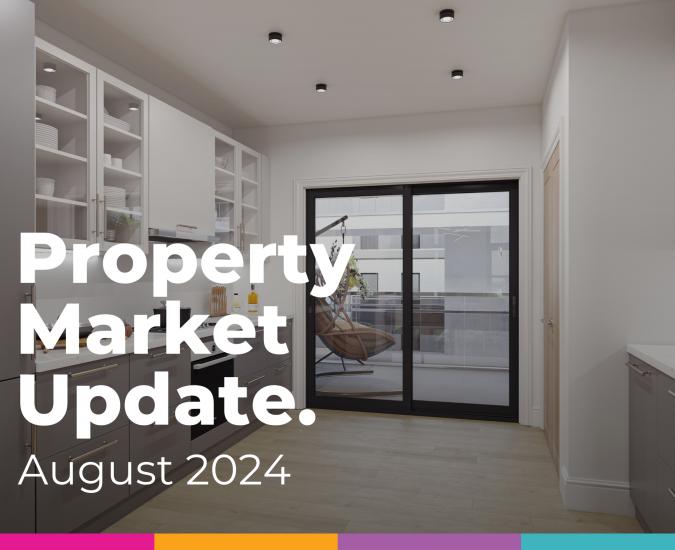Buying Property At Auction: The Complete Guide (2020)
Last updated 28th January 2020 • JaeVee Marketing • JaeVee
Buying a property at auction is one of those things that brings major risk for the potential of major reward.
So we’ve written this blog to demystify the process.
Why go to auction?
Some developers think that going to auction is just too much hassle to secure a property - so why are others so keen to take the leap?
Speedy process
Other methods of property acquisition can take months, whereas going to auction takes weeks, with each new auction only advertised about a month in advance.
It’s a great way to cut out the middle-men and trim down the bureaucracy.
Once you’ve made the winning bid the property is all yours.
Greater choice
Because these properties are off the market, there’s usually a wider variety of choice to be found at auction.
Whether you want the challenge of a full refurb or a flip, there’ll be something on offer.
You could even just secure land to develop on, if that’s your preferred strategy.
With wider choice at a competitive range of prices, some developers never look back to traditional methods after their first auction!
Transparent
Everyone hates gazumping - and sitting in a room where everyone else and their bids are right in front of you is the best way to avoid it.
Buying at auction also means you can’t ‘fall through the net’, as no one wants to waste their time on miscommunication or create purposeful delays.
Preparing for auction
Property auctions are easy to find.
They’re usually advertised in the property press and known to local estate agents.
Once you’ve chosen your auction, get a hold of their catalogue early so that you can research and troubleshoot - is the property in a problem area, for example?
Make sure you only look at properties which fit into your wider strategy, instead of just bidding on anything because it looks like a bargain.
You should also evaluate what exit strategies you could achieve.
Viewing the property
The biggest rule of buying at auction is to ALWAYS visit and inspect the property first.
If you don’t, you’ll only have yourself to blame if you become knee deep in structural issues. It sounds obvious - but plenty of people make this mistake.
Look into the legal pack and planning permissions yourself, but try not to go it alone.
Order a structural survey to double check that it’s not a bargain just because it’s in bad shape.
If you know a good contractor, architecture or surveyor, then invite them as well - they might be looking for things that you would never have thought of.
Auction finance
It’s crucial to find finance upfront when you buy a property at auction, because the winning bidder will need to pay a 10% deposit immediately - and usually pay the other 90% within 28 days, although exact times may vary.
You’ll lose your deposit if you can’t pay on time, and may have to cover the costs of re-selling the property too, so naturally securing development finance is usually the main concern for developers.
So, what finance methods can you use?
Well, there are a select amount of auction finance providers, but these are usually hard to get a hold of.
So most property developers choose to use bridging loans instead.
These are loans specifically designed for bridging short term gaps between payments - allowing you to cover the 28 days before you can then look for a standard mortgage.
This is a risky strategy, however.
Bridging loans are secured against your property - which could even include your own home, making it essential to repay in time.
The interest rates are also higher on bridging loans than other types of development finance.
Don’t let this put you off bridging loans altogether - just make sure you get advice from a good mortgage broker and secure an exit strategy first.
In the heat of the moment
This is the part of auction that gets most people excited. Of course it does - there’s nothing like riding the thrill of the bid to see that you’ve finally secured your ideal property!
But you still have to be sensible and stick to your original budget.
Go in with an idea of the lowest bargain price, fair market price and the highest price that you’d be willing to pay, as well as a threshold you won’t let yourself go over.
Don’t just factor in the initial price, but think about the long term cost as well.
How little or how much could the work on your property cost you?
Be strict with yourself, don’t leap into a bidding war just because someone’s only slightly outbid you.
Better to leave empty handed now to acquire a better property at a better price later.
After auction
If you really don’t want to go away empty handed, check out the properties that didn’t meet their reserve price after auction.
While the property might be a costly dud, it’s also realistic to expect some homeowners just over confidently price their properties.
A one on one negotiation just might work for you - they wouldn’t put the property to auction if they didn’t want it to sell!
For more property development insights, read our blog.




